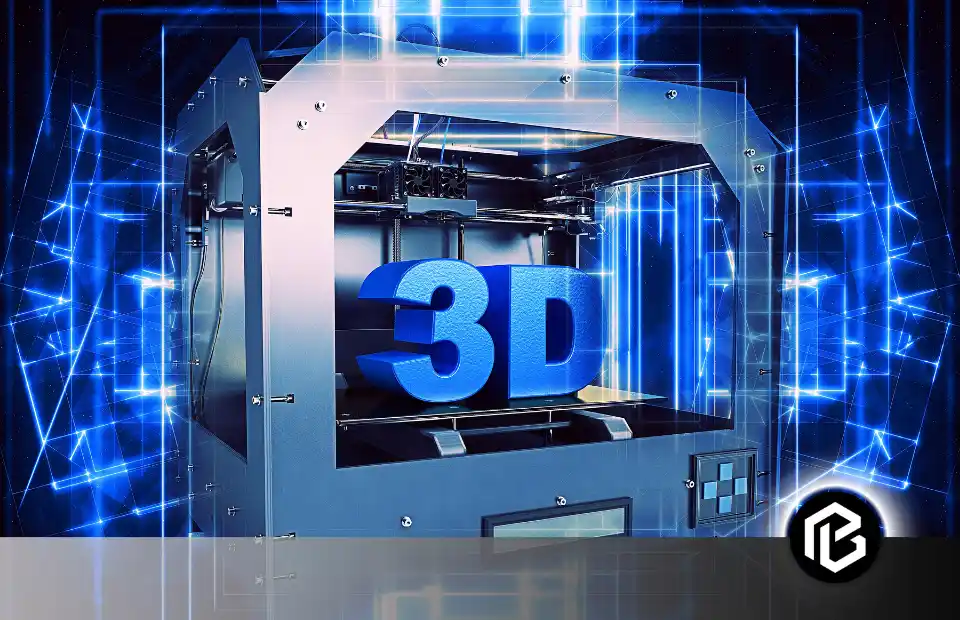Industrial Society and Its Future is a 1995 essay by Ted Kaczynski, also known as the “Unabomber“. It is also known as the Unabomber Manifesto. The essay explores the negative effects of industrialization and technological advancements on society.
Ted Kaczynski, also known as the “Unabomber,” published a book in 1995 titled “Industrial Society and Its Future.” The book, which gained significant attention due to its author’s notorious status as a domestic terrorist, is a critique of industrial society and its impact on humanity and the environment. This article aims to provide an overview of the key points and arguments presented in Kaczynski’s “Industrial Society and Its Future,” also known as the “Unabomber Manifesto“
Background on Ted Kaczynski
Before delving into the content of the book, it is essential to understand the context in which it was written. Kaczynski, a mathematician, and philosopher, became disillusioned with the direction of technological progress and its consequences for human life. From 1978 to 1995, he carried out a series of bombings targeting individuals and institutions associated with technology and industrialization, ultimately leading to his capture and conviction for his crimes.
The Unabomber Manifesto and Its Arguments
The Dangers of Technology
At the core of Kaczynski’s argument lies his belief that technology, particularly industrial technology, poses a significant threat to human life and well-being. He contends that the rapid advancement of technology has led to a loss of control over its consequences, resulting in environmental degradation, loss of privacy, and increased alienation among individuals.
The Industrialization of Society

Kaczynski argues that industrial society has transformed human life in ways that are detrimental to our well-being. He claims that the shift from agrarian, rural communities to urban, industrialized ones has resulted in a loss of personal autonomy, increased social stratification, and a general decline in the quality of life for many people.
The Role of Technology in Human Nature
The author asserts that technology has a profound impact on human nature itself. As we become increasingly dependent on technology, our abilities to think critically, problem-solve, and engage in meaningful relationships are diminished. Furthermore, Kaczynski argues that technological advancement encourages a focus on materialism and consumption, which further erodes our connection to nature and each other.
The Need for a Simpler, More Sustainable Society
Kaczynski advocates for a return to a simpler, more sustainable way of life that is less reliant on technology and industrialization. He proposes that smaller, self-sufficient communities would be better equipped to maintain a balance between human needs and environmental preservation. In his vision, such a society would prioritize individual autonomy, self-sufficiency, and a deeper connection to the natural world.
Critiques of Kaczynski’s Perspective
While Kaczynski’s “Industrial Society and Its Future” has garnered attention and sparked debate, it has also faced criticism from various quarters. Some of the main critiques include:
Oversimplification of Complex Issues
Critics argue that Kaczynski’s perspective is overly simplistic and fails to account for the nuances and complexities of technological progress and industrialization. They contend that his dismissal of technology in its entirety overlooks the numerous benefits and advancements that have improved the quality of life for millions of people.
Disregard for the Role of Technology in Social Progress
Kaczynski’s argument is often criticized for its disregard for the role technology has played in promoting social progress, such as increased life expectancy, improved communication, and the democratization of information. Critics maintain that while technology may have its drawbacks, it is essential to acknowledge its positive contributions as well.
The Potential for Alternative Futures
Some argue that Kaczynski’s vision of a simpler, more sustainable society overlooks the potential for alternative futures that combine technological advancement with environmental stewardship and social justice. They contend that it is possible to create a more equitable, sustainable industrial society by addressing the negative aspects of technology and industrialization while harnessing its potential for good.
Conclusion
Ted Kaczynski’s “Industrial Society and Its Future,” or the “Unabomber Manifesto,” presents a thought-provoking critique of industrial society and its impact on humanity and the environment. While the book has sparked important discussions about the role of technology in our lives, it has also faced criticism for its oversimplification of complex issues and disregard for the potential for alternative futures. As we continue to navigate the challenges posed by industrialization and technological progress, it is crucial to engage with perspectives like Kaczynski’s while also considering alternative visions for a more sustainable and equitable future.
Frequently Asked Questions on Industrial Society
What is the main theme of "Industrial Society and Its Future"?
The book primarily focuses on the negative impacts of industrial society and technology on human life, the environment, and our connection to nature. Ted Kaczynski argues that industrialization has led to a decline in the quality of life, increased alienation, and environmental degradation.
Who is Ted Kaczynski, also known as the Unabomber?
Ted Kaczynski is a mathematician and philosopher who became infamous for his acts of terrorism targeting individuals and institutions associated with technology and industrialization. He was responsible for a series of bombings between 1978 and 1995 before being captured and convicted.
What does Kaczynski mean by "technology"?
In the context of his book, Kaczynski refers to industrial technology, which includes large-scale manufacturing processes, mechanization, and the advancement of scientific knowledge for practical purposes. He is particularly concerned with the consequences of these technologies on human life and the environment.
What is Kaczynski's vision for a better society?
Kaczynski proposes a return to smaller, self-sufficient communities that prioritize individual autonomy, self-sufficiency, and a deeper connection to nature. He believes that such a society would be better equipped to maintain a balance between human needs and environmental preservation, as opposed to the large-scale industrial society that currently dominates.
How does Kaczynski's perspective on technology differ from more optimistic views?
Kaczynski's critique of technology is markedly different from those who view technological advancement as a primary driver of social progress and human well-being. While he acknowledges some benefits, he argues that the negative consequences of technology and industrialization far outweigh the positive aspects, leading to a call for a more simplistic and sustainable way of life.





